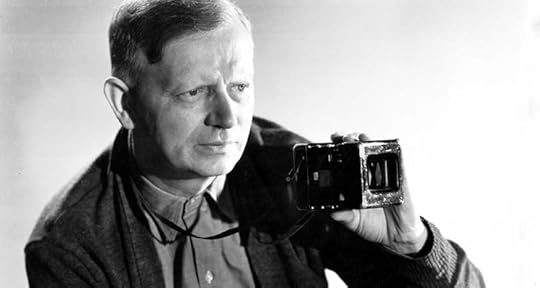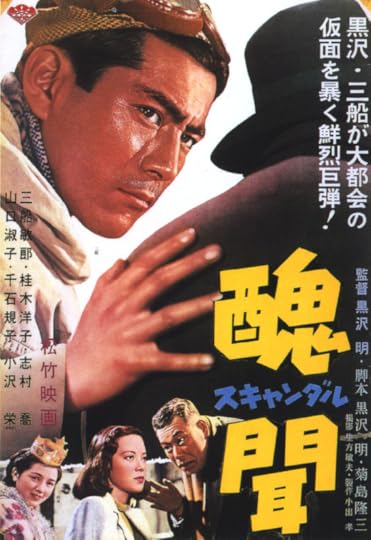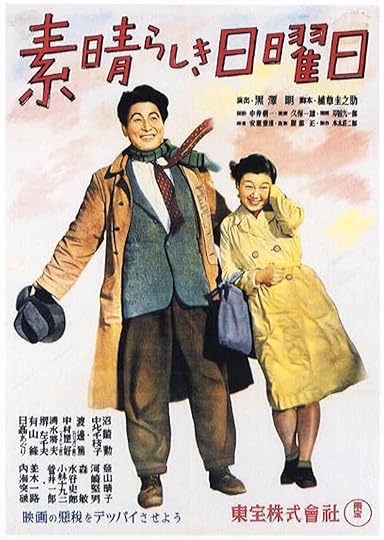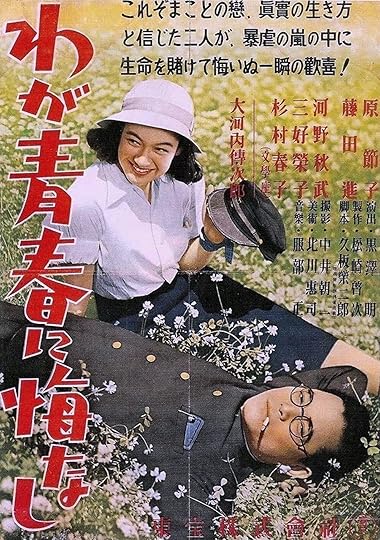David Vining's Blog, page 133
March 6, 2022
Carl Theodor Dreyer – A Retrospective
Dreyer
Who was Carl Theodor Dreyer, and should you care? He was born to a Swedish mother, a maid, and Danish father, her employer, and raised by his foster father, Carl Theodor Dreyer (no senior, apparently the Danish don’t do Junior and Senior). His adult life before he entered the Danish film industry was primarily dominated by a short career in journalism and some stints with aviation, including one incident that gained some notoriety in Denmark for its brazenness. He started in film in the sa...
March 5, 2022
John Carpenter – A Retrospective
John Carpenter and the Moviegoing Public
John Carpenter has a special place in the hearts of many, many film fans. His output from 1978 to 1988 is the sort of thing that almost any filmmaker would be incredibly jealous of. Beginning with the original Halloween and ending with They Live, Carpenter directed nine films that have more than their fair share of places in lists of favorites from the decade peaking, most likely, with The Thing in 1982.
And yet, his movies, with only one exception, can...
March 4, 2022
Scandal

The reverse of Drunken Angel where Toshiro Mifune walked in and stole Takashi Shimura’s movie, Shimura walks in and steals Mifune’s movie in Scandal. Inspired by a real life event dealing with a Japanese singer and the aggressively predatory press, Akira Kurosawa wrote a story that starts out as a look at the amoral efforts of the press to sell copies of their magazine and becomes a look at the morality of a weak lawyer in a difficult situation. Much like the earlier film, I feel like the sp...
March 3, 2022
Stray Dog

One of the earliest buddy cop movies, pairing up a young police officer with a more seasoned one, essentially Lethal Weapon but postwar Japanese, Straw Dogs is basically a police procedural about the search of a lost police pistol. What makes it really work is twofold: the cleareyed view of postwar Tokyo (largely captured by Kurosawa’s assistant director Ishiro Hondo, in charge of the second unit direction) and strong character work that goes into every character in the film. Kurosawa would ...
March 2, 2022
The Quiet Duel

One of those lesser known films from a great director that gets largely ignored and dismissed, The Quiet Duel is the story of suppressed emotions in an extremely Japanese context that I found wonderfully affecting. I’ve seen the film dismissed as melodrama, a word I often feel gets thrown around too much. There are melodramatic elements for sure, but melodrama is about tone and delivery. Kurosawa doesn’t let things go out of control, keeping things tightly focused and relatively sedate, deli...
March 1, 2022
Drunken Angel

And so was born one of the most famous director and actor combinations in movie history. Helped in no small part by a 51-day strike that they did not participate in, Akira Kurosawa cast Toshiro Mifune as the gangster to Takashi Shimura’s doctor, supposedly with the original plan of Mifune having a small part but greatly expanding it as they filmed to give him a far larger role to the point where the movie essentially becomes his despite Shimura playing the title character. This is the film t...
February 28, 2022
One Wonderful Sunday

In terms of production, recalling Roberto Rossellini’s war trilogy immediately after the end of the Second World War in Italy, Akira Kurosawa told a sweetly sad little tale of people who have nothing. Set in the final days of the Japanese involvement in the war (presumably because the war is barely mentioned and there’s no American presence), it’s a film of an engaged couple finding a way to spend their day off of work with a grand thirty-five yen between them. Using real locations and some ...
February 27, 2022
Andrei Tarkovsky – A Retrospective
Andrei Tarkovsky on Both Sides of the Iron Curtain
Like most tyrannical regimes, the Soviet Union spent a lot of money on art. Artists tend to fall into two camps when it comes to working under a patronage system through the government. The first are party hacks who gleefully celebrate the system they’re in. The other are those on the edges, struggling to get projects funded and completed, and never quite fitting in. An example of the first within the Soviet system would be Sergei Bondarchuk, who...
February 26, 2022
John Ford – A Retrospective

“John Ford is really great…When I’m old, that’s the kind of director I want to be.”
-Akira Kurosawa
“Ford – I esteem him, I admire him and I love him.”
-Federico Fellini
“He is the essence of classical American cinema. Any serious person making films today, whether they know it or not, is affected by Ford.”
-Martin Scorsese
“I like the old masters, by which I mean John Ford, John Ford, and John Ford.”
-Orson Welles
A couple of years ago, someone in the comments was growing tired of m...
February 25, 2022
No Regrets for Our Youth

Akira Kurosawa saw the replacement of one censorship regime with another at the end of the Second World War. The Imperial needs for feudal spirit and loyalty to lords was replaced by the American need for antipathy towards the militarism that had defined Japanese governmental policy for more than a decade. The whiplash from The Most Beautiful and The Men Who Tread on the Tiger’s Tail to No Regrets for Our Youth is rather stark. From a thematic point of view, it feels like two different men m...



